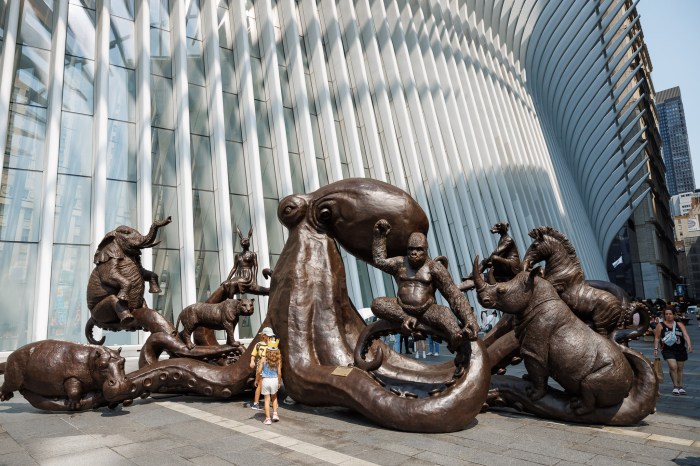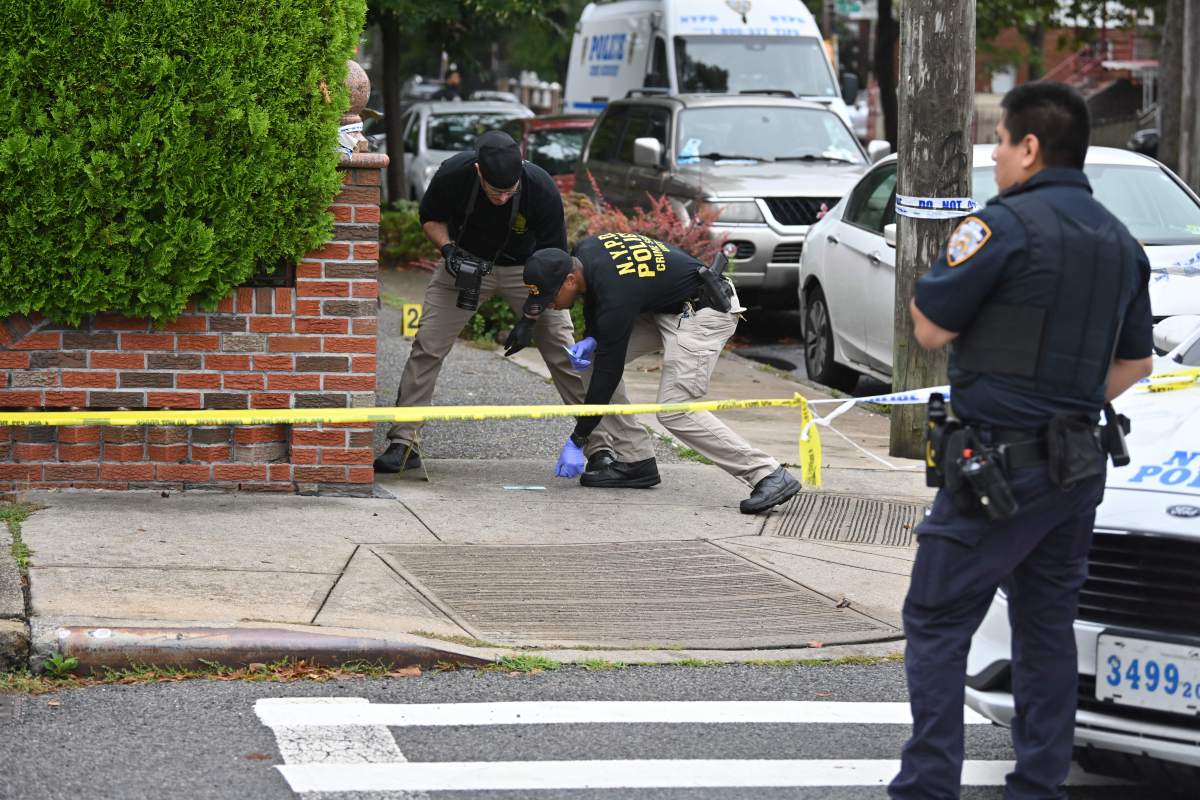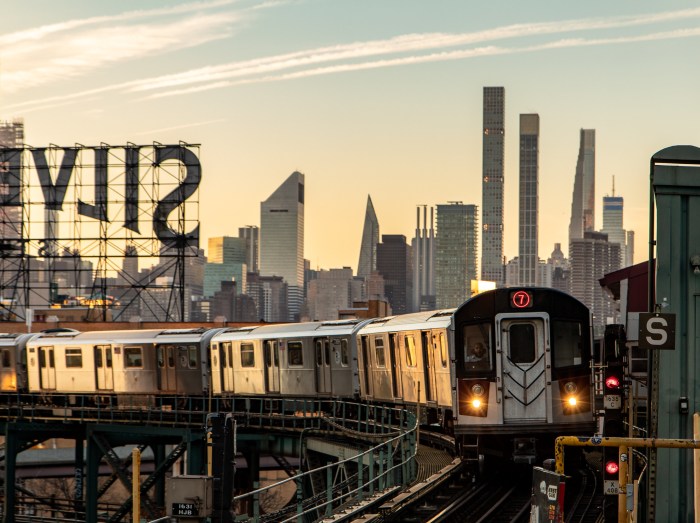LONDON (Reuters) – Britain plans to announce the location of up to 10 post-Brexit freeports by the end this year so they can begin operating in 2021, the government said on Sunday.
As Britain develops its own trade policy for the first time in decades after leaving the European Union at the end of January, the government has launched a 10-week consultation setting out its plans for the freeports, or free trade zones.
Once the consultation is completed, sea, air and rail ports will be able to bid for freeport status.
“Freeports will unleash the potential in our proud historic ports, boosting and regenerating communities across the UK,” Chief Secretary to the Treasury, Rishi Sunak, said in a statement.
“They will attract new businesses, spreading jobs, investment and opportunity to towns and cities up and down the country.”
Freeports are areas where imported goods can be held or processed free of customs duties before being exported again. They can also be used to import raw materials and make finished goods for export.
The government said it was considering tax measures aimed at increasing investment in infrastructure, construction and machinery in freeports to raise productivity. It could also use tax changes to reduce the costs of hiring workers in freeport sites, it said.
Freeports could be used to trial customs, transport and green technologies, before they are adopted more widely across the economy, the government said.
Some trade experts say the net benefit of freeports is limited and they often just redistribute economic activity from elsewhere in the country.
(Reporting by Kylie MacLellan; Editing by Ros Russell)





















